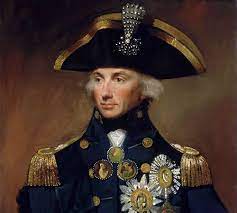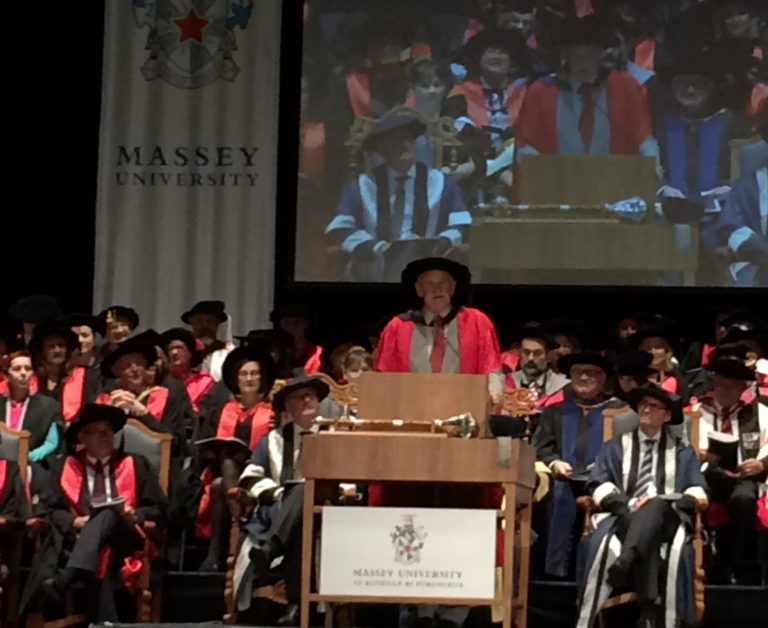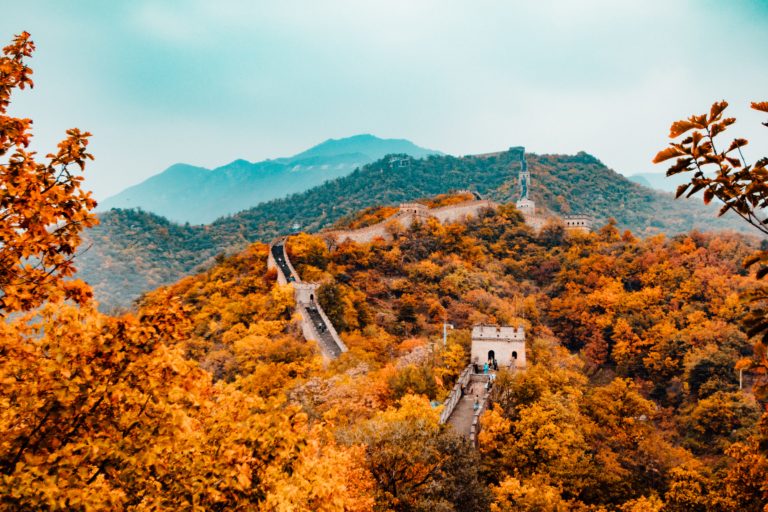Diplomacy is Back
The international order we have known for decades is under pressure. The cargo carried by the international system is shifting, and it is shifting primarily because of the growing weight of China.
Security was the dominant concern in the Pacific basin for many years. It will still be important, if only in the combating of Islamic terrorism, but old-fashioned diplomacy – adjusting interests and the rules of the game by patient negotiation – will take on a new significance.
In the past, shifts in the international order were the outcome of major wars, as in 1919 and 1945. Nuclear weapons have ruled this out. China and other emerging powers understand that the changes they want will have to be achieved by negotiation, by diplomacy, on which China for one can draw on a long tradition. The resort to diplomacy does not imply that all will be smooth words, smiles and cocktail parties. Those advancing or defending their interests will try every means of political and economic pressure.
China will press its aims with skill and patience and other countries will have to be equally skilful and patient in protecting theirs. New Zealand as an independent Pacific nation has interests of its own to look after. We played a very active part in the diplomacy that designed the United Nations Charter and the new order that emerged from the rubble of the Second World War.
We still has those interests, in an international system ruled as far as possible by law which will safeguard the standing of the smaller nations. We also have major concerns to avoid serious trouble between the United States, China, Japan and South East Asia. If the old order is changing New Zealand will want to have a voice in shaping the new one.
Since the stabilisation of the ASEAN countries after the Vietnam War and the access negotiated with Europe for our produce, New Zealand has faced no major challenges to its external wellbeing. With the Cold War over, in the lengthening afternoon of the Long Peace we have felt able to let both our defence forces and our foreign service slide.
In the next decade and beyond, as China and Asia in general return to the power they had before the arrival of the West, there will be new challenges to be managed. As a maritime power heavily dependent on sea transport for its raw materials and exports, China will build a large blue-water navy. However carefully managed by both sides, a naval rivalry with the United States, whose navy has enjoyed an unchallenged dominance since 1945, is inevitable.
If the relationship between these two countries will be delicate, that between China and Japan burdened by memories of war will be even more so. With important links to all three powers, New Zealand will find it tricky to navigate around their conflicting interests. Hovering neutrally in the background will not always be possible, or acceptable to the others.
There may be even more awkward choices to be made in managing the touchy relationship between China and the ASEAN nations whose strength and stability we spent so much money and military effort to help build up. They are worried by the South China Sea claims. If these were successful in turning this major shipping route into Chinese-controlled waters, the countries around its shores would be exposed to the weight of Chinese influence (as in past centuries) without any American presence as a balance.
Closer to home, we have become accustomed rather lazily to thinking of the South Pacific as our ‘backyard’. We will need to consider how best to respond to an increasing Chinese financial presence and influence in the smaller Pacific nations.
These will be headaches, not large troubles. We can reasonably hope that the louring presence of nuclear weapons will prevent them from becoming life-and-death questions. Each is a classic diplomatic problem, how best to manage relations between states with differing interests. However as they are worked through and agreements are reached, the successive changes will amount to a cumulative modification of the present international order we helped design decades ago and which still largely suits us.
Since diplomatic manoeuvring is where the battles will be fought, we will need a competent and confident foreign service to make New Zealand’s wishes heard. One result of our long tranquillity is that the need for a visible and active foreign service has faded. In the last few years we have shed many of our most experienced diplomats and devalued the ministerial position in Cabinet. In doing so we may also have discouraged the recruitment of our brightest young minds.
We pride ourselves on having an independent foreign policy but if we are to have an independent say on the issues that are coming up we will need people who can give intelligent thought to how best to safeguard our long-term interests in the Asia-Pacific region. The age of Twitter and instant press reactions will need to be underpinned by longer and more careful thought.
Diplomacy is a profession like law and medicine. Unlike them, though, it is widely regarded as one that any person who feels the urge can practise competently. Few would be willing on the spur of the moment to take command of a frigate or argue a case in the High Court, but most regard foreign relations as a matter of ready-made attitudes. As Mike Moore once said ruefully, “Behind me there are hundreds of would-be Foreign Ministers”.
Like law and medicine though, diplomacy requires a lengthy apprenticeship, to learn the day-to-day details of how state relations are conducted and to soak up the accumulated experience of elders. Becoming skilful and flexible in handling crises will be essential, but they are not abilities to be picked up by new recruits overnight. We need to start now in building up a foreign service capable of advancing our interests in the big issues which will face us over the next decade or so. We need to because the big issues facing us will fortunately be diplomatic not military. Diplomacy is back.




